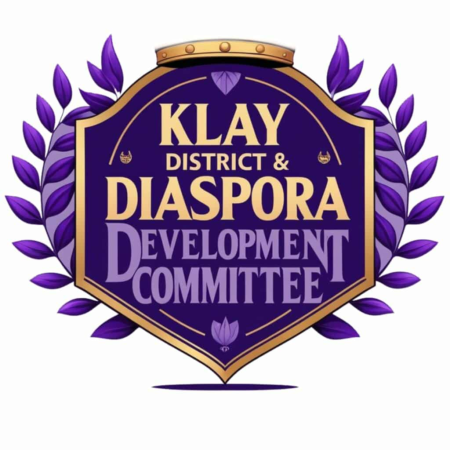Paragraph 1: Background of the Suspension
The Nnamdi Azikiwe University (UNIZIK), Awka, has announced the suspension of its Students Union Government (SUG) election for the 2025/2026 academic year. This decision, made public on July 14th, 2024, comes amid concerns and grievances surrounding the electoral process. The university’s management, in its official statement, emphasized the need to address these issues and ensure fairness for all involved parties. This suspension marks a significant interruption in the student democratic process at UNIZIK and raises questions about the underlying issues prompting such an action.
Paragraph 2: Official Communication and Justification
The official announcement concerning the suspension was disseminated through a press release signed by the Acting Director of Information and Public Relations Officer, Njelita Louis. The statement clearly outlines the management’s reasoning for the suspension, citing the need to address grievances related to the electoral process. The wording suggests a commitment to ensuring a fair hearing for all stakeholders involved. This public declaration highlights the university’s intent to resolve the issues transparently and maintain the integrity of the student elections. The statement also directs all relevant authorities to comply with the suspension, underscoring the seriousness of the situation.
Paragraph 3: Potential Implications of the Suspension
The suspension of the SUG election carries multiple implications for the UNIZIK community. Firstly, it delays the formation of a new student government, potentially creating a leadership vacuum within the student body. This could affect the representation of students’ interests and the execution of student-led initiatives. Secondly, the suspension raises questions about the transparency and fairness of the electoral process itself. The grievances that prompted the suspension could point to deeper issues within the student electoral system, requiring thorough investigation and reform.
Paragraph 4: Importance of Student Unionism and Fair Elections
Student unions play a crucial role in university life. They serve as the voice of the student body, advocating for students’ rights and welfare. They also organize events, provide services, and foster a sense of community among students. Fair and democratic elections are fundamental to the legitimacy and effectiveness of student unions. A compromised electoral process can lead to mistrust, disengagement, and instability within the student body. Therefore, ensuring a transparent and credible electoral process is vital for a vibrant and representative student union.
Paragraph 5: The Need for Thorough Investigation and Resolution
The university management’s decision to suspend the election signifies a commitment to addressing the underlying issues affecting the electoral process. A thorough and impartial investigation is needed to understand the nature and extent of the grievances raised. This investigation should involve all relevant stakeholders, including students, electoral officials, and university authorities. The findings of the investigation should be made public to ensure transparency and accountability. Furthermore, the university should implement appropriate measures to address the identified issues and prevent similar problems in future elections.
Paragraph 6: Path Forward and Ensuring Future Electoral Integrity
Moving forward, UNIZIK needs to prioritize rebuilding trust and confidence in the student electoral process. This requires open communication with the student body, active engagement with student concerns, and a demonstrable commitment to fairness and transparency. The university should consider implementing reforms to strengthen the electoral system, potentially involving independent oversight, clearer guidelines, and robust mechanisms for dispute resolution. A successful resolution of the current situation and the implementation of preventive measures will be crucial for ensuring the integrity of future student elections and fostering a vibrant student democracy at UNIZIK.














